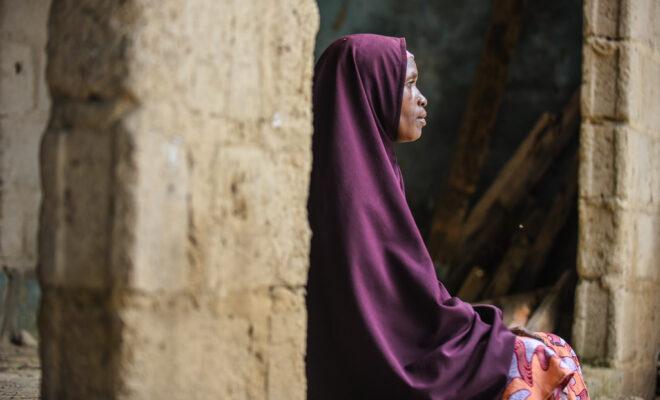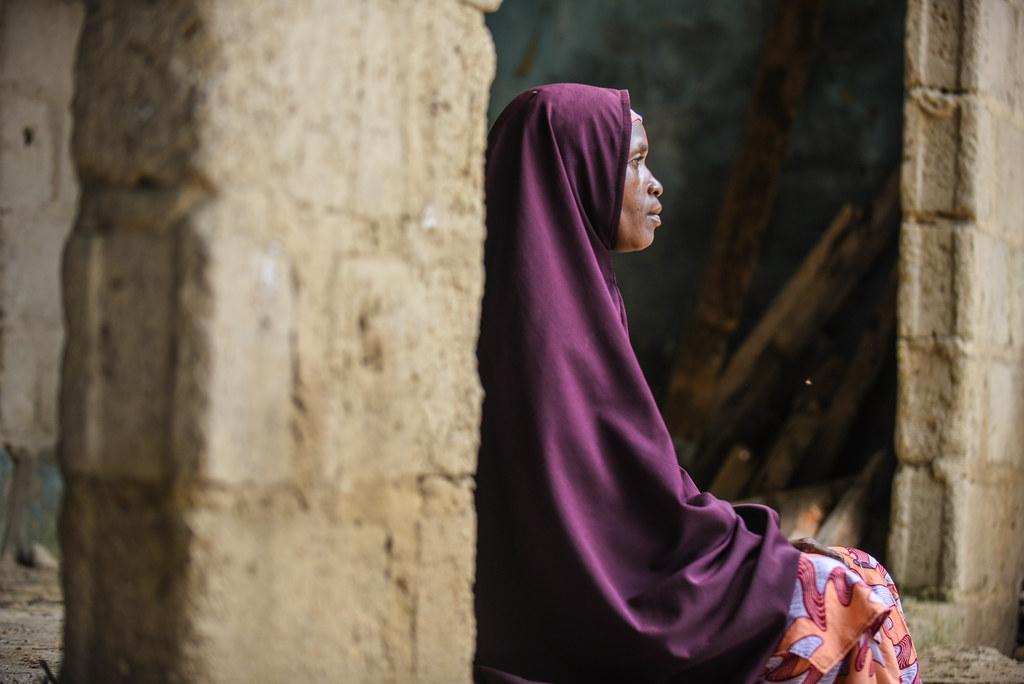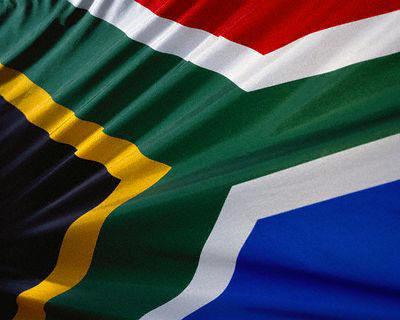“We hope our cries will attract attention”

African Arguments spoke to vulnerable people around Nigeria. They plead for government to help them get food and medication during lockdown.

Since lockdown measures began in Nigeria due to COVID-19, many already vulnerable people have found things even harder. Credit: EU/Samuel Ochai
Read all our COVID-19 coverage
For Hadiza Musa, 37, fending for her family each week was a struggle before the coronavirus. Since she lost her husband to an HIV-related illness in 2015, she has had to raise her three children in Nigeria’s city of Kaduna alone.
Now, things are even tougher. Lockdown measures have been in place in Nigerian cities since late March, forcing many businesses to close and transport to stop. Musa has lost her job and cannot get to the pharmacy to top up her HIV medication.
“Our situation is terrible,” she says. “We are not eating. There is no food. I usually cry, then I clean my tears. One of my children is on a medication that requires him to eat, but we don’t eat so how can he take the medication?”
In Nigeria, 1,532 people have confirmed cases of COVID-19 and 44 have died. But tens of millions have been affected by the response to the pandemic. For vulnerable Nigerians already on the fringes, the pandemic has thrust them even further towards the edge.
The government has announced some measures to help poor communities, but few people feel they can rely on the state. They are finding ways to support each another.
For Musa, that aid has come in the form of Aisha Usman for the past two weeks. Through her religious network, Usman has been delivering food and medication to HIV-positive widows in Kaduna. The calls for help have been overwhelming.
“Many of them cannot get their medication now as many pharmacies are closed,” she says.
Not everyone, however, has been as fortunate to find help from local support groups. Ibrahim Maryam, who works in Kano state for local NGO Transparency and Development Information Initiative, lost two family members to malaria over the weekend.
“I just came back from the burial of two family members who died on Saturday,” he says. “It is painful. Both of them were suffering from malaria but they could not get their medication.”
“Coronavirus is deadly, but we have to get this information out that more people are dying of hypertension, diabetes, pneumonia, malaria here,” he continues. “Some doctors have stopped working owing to fear and some chemists are shut.”
We’ve got nothing from the government
The federal government says it has sent resources to Nigeria’s 36 states to support poor people. However, many people in difficult situations have not benefited from the scheme. According to Usman, one problem is that the register used to identify those in need is deeply inadequate.
“There are very poor people who have not received anything from the government,” she says. Contacted by African Arguments, the spokesperson from the Ministry of Humanitarian Affairs, Disaster Management and Social Development said each state government is responsible for organising the distribution of food and cash transfers in its locality.
In some cities, such as Lagos, local councils have gone to communities to hand out food directly with mixed results. When Asabi Sani, 29, heard this was happening near her home in Ajegunle, a neighbourhood known for its crowded homes and poor living conditions, she rushed out. By the time she got there, however, some people had overrun the site and seized the remaining supplies. “The police had to fire teargas to disperse the crowd,” she says.
This put Sani, a single mother who has lost her job, in a tough spot. “I have some food at home but I am worried that I will soon run out of supply if the lockdown continues,” she says. Increasingly anxious, she has started cutting down the family’s meals. “My five-year-old son is not happy with the rationing. He cries for more food. When his cries upset me, I spank him,” she says.
Abibat Abiola, a widow in Lagos, has resorted to borrowing from family members since she too lost her job. This has kept her afloat so far, but she says it will be unsustainable if the government does not ensure support reaches those who need it.
“I want the government to monitor the process of sharing the palliatives as those who are supposed to share the food are hoarding it,” she says. “They can also pay poor people directly using their bank accounts.”
In Kano state, Aminu Tundun-Wada also urges his state government to quickly improve its provision of help. He is the vice-chair of his state’s chapter of the Joint National Association of Persons with Disabilities. According to his data, people with disabilities in just 3 of 44 local government areas in Kano have received any support thus far.
“Please help us get this information out as our members in the other 41 local governments areas have not got anything from the government,” he says.
“When it is threatened, it bites”
On Monday, President Muhammadu Buhari announced that lockdown measures will start to be eased in Abuja, Lagos and Ogun state from 4 May. Many restrictions will remain in place, however, while existing lockdowns have been extended in many other Nigerian cities.
In the absence of effective measures to alleviate the hardship for the most vulnerable, observers worry how people will survive under these conditions for several more weeks. Professor of Virology Oyewala Tomori urges the federal and state governments to join forces to come up with a unified plan.
“Unless the government finds an urgent solution to effectively get the palliatives to the majority of people adversely affected by the lockdown, we will not only fail to protect the lives of our people but we will destroy the livelihood of families of workers and business owners,” he says. “Our people will lose their dignity and live in fear.”
Oni Fagbohungbe, a professor of Psychology at the University of Lagos, predicts that if this happens, people may take the law into their own hands.
“The sheep is a weak and submissive animal but when it is threatened, it bites,” he warns.
Most hope it does not come to this. Across Nigeria, tens of millions are struggling to access food and medicine and want local authorities to help them. Some are using the hashtag #hungervirus to share their stories or videos of them banging pots and pans to express their displeasure. Others are just appealing to officials to heed their calls.
“We hope that our cries will attract the attention of the state government,” says Usman.





